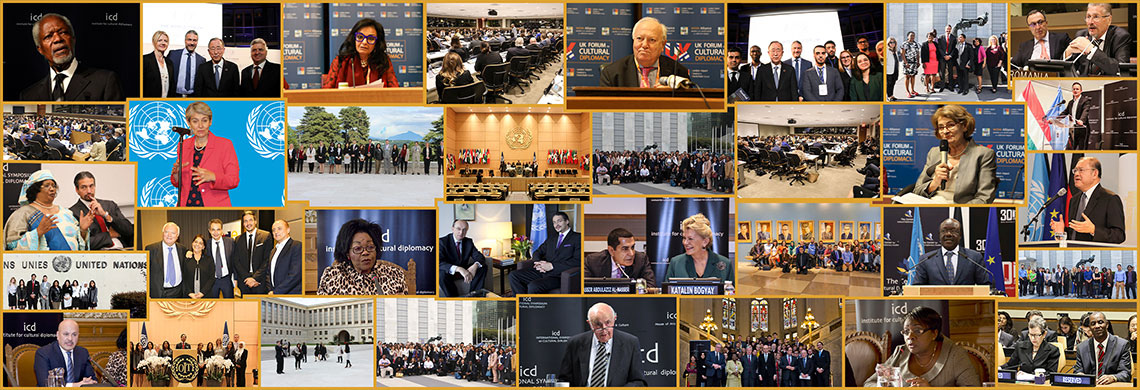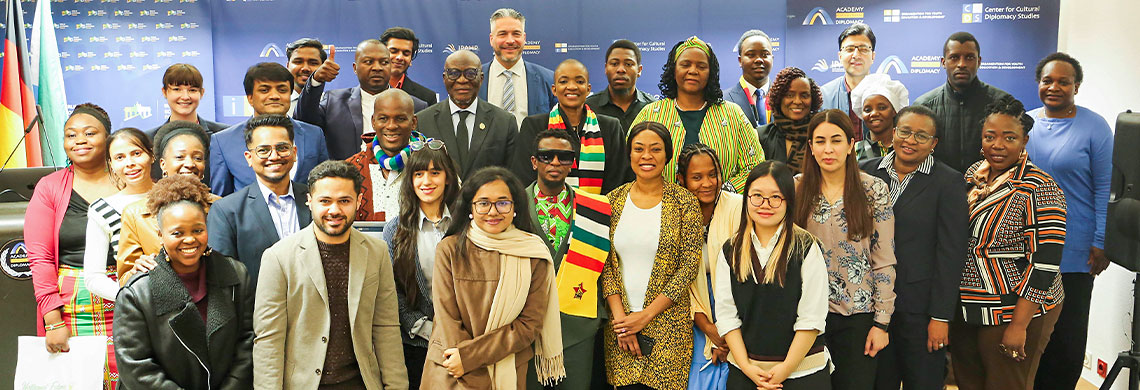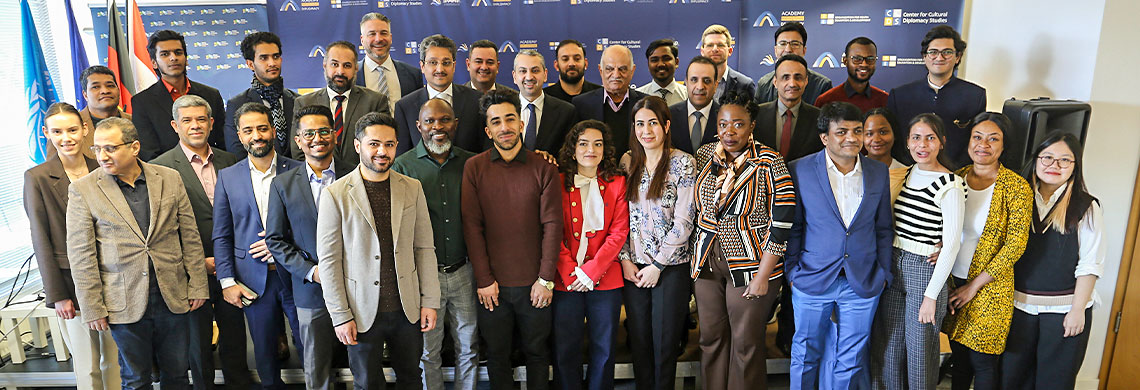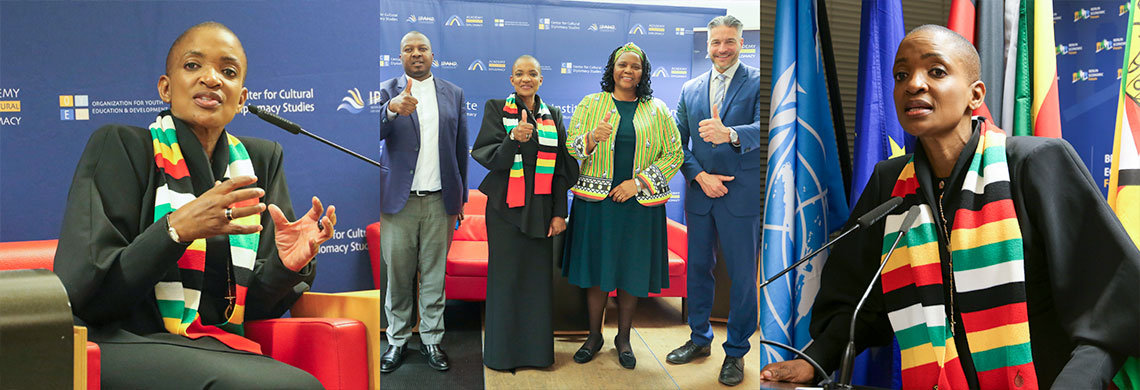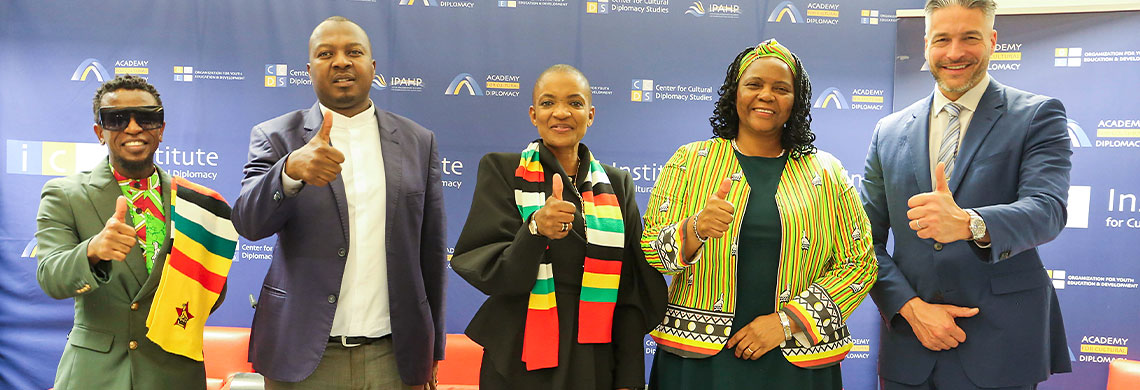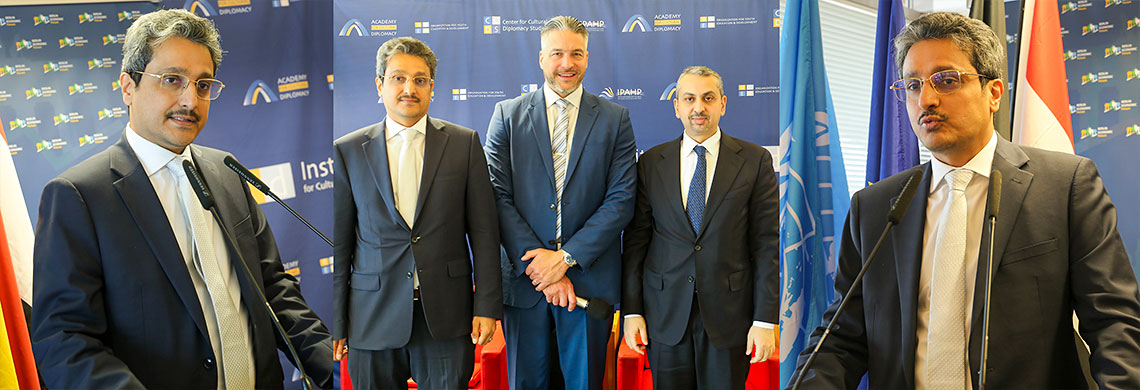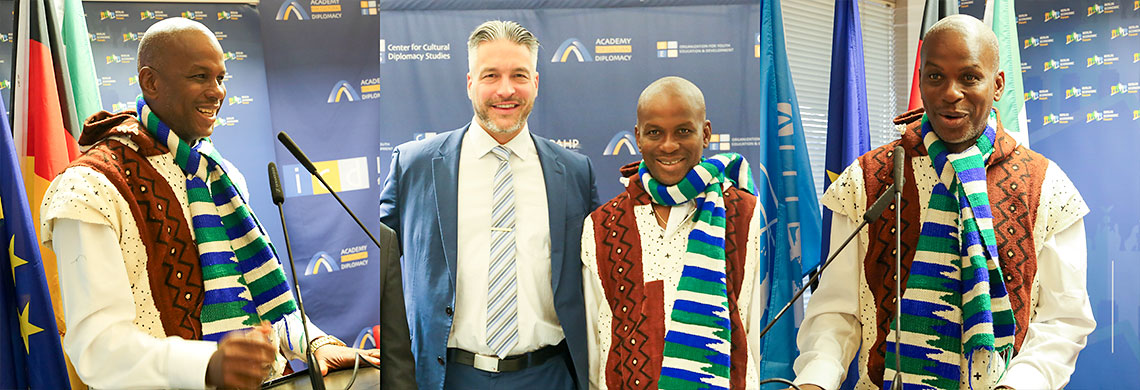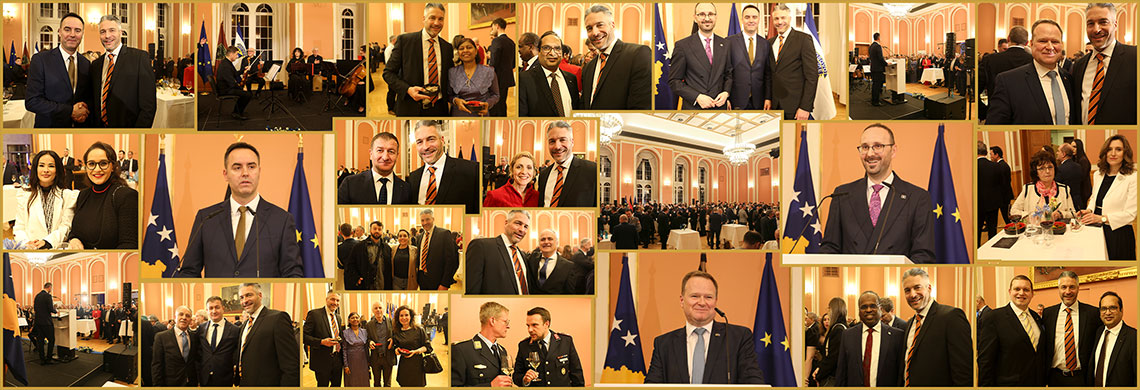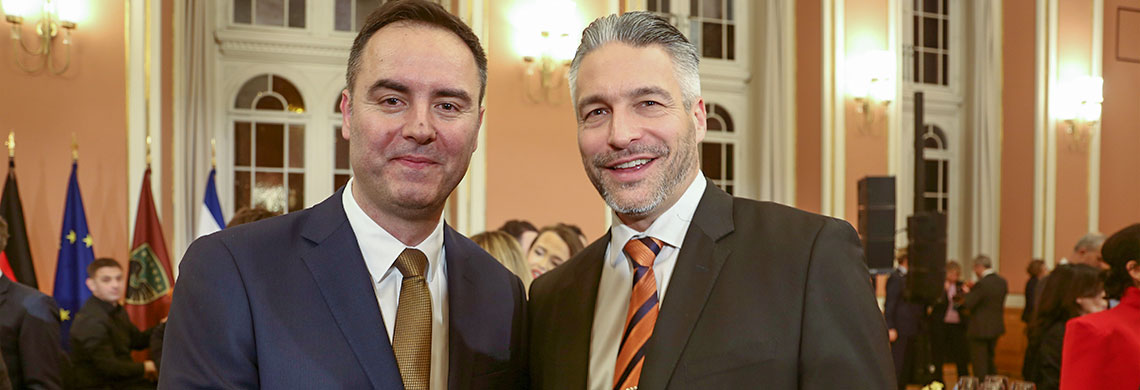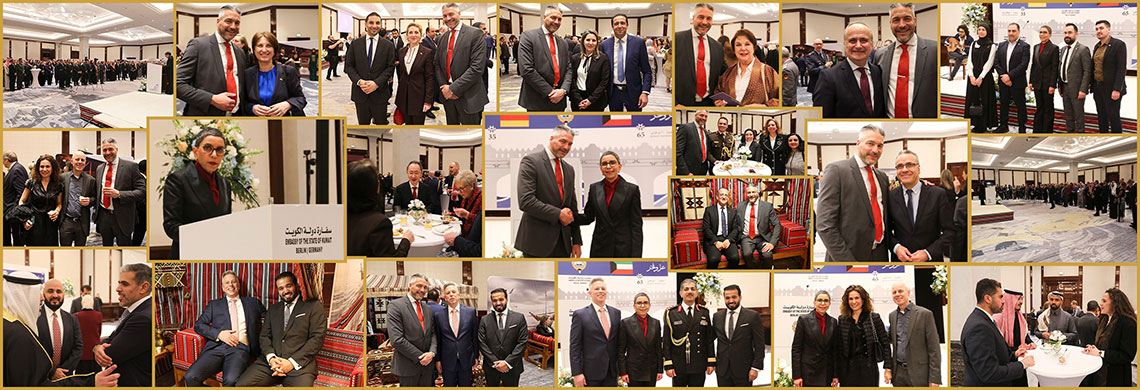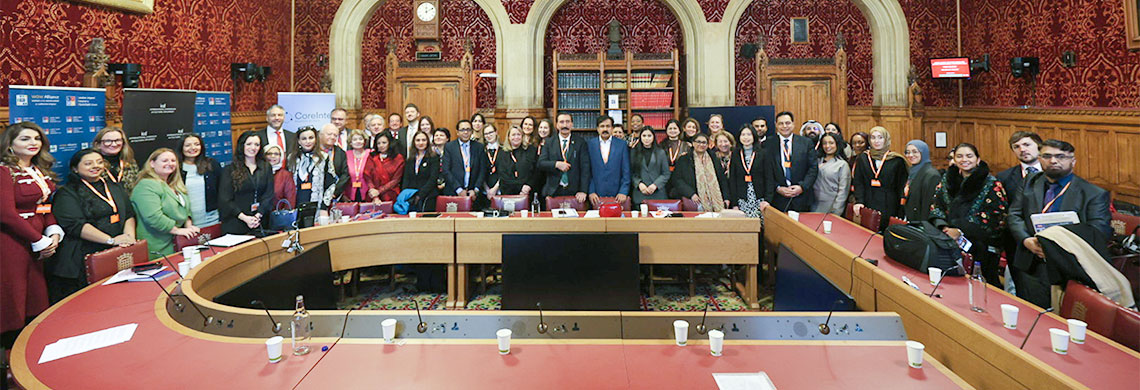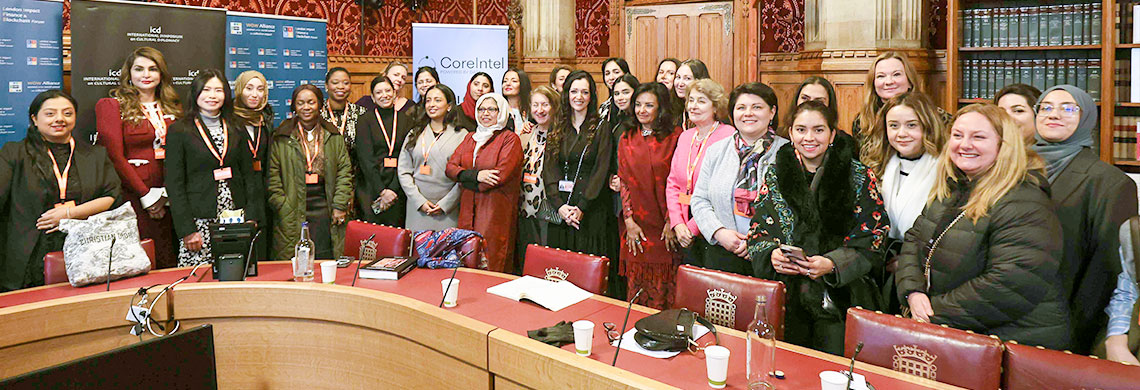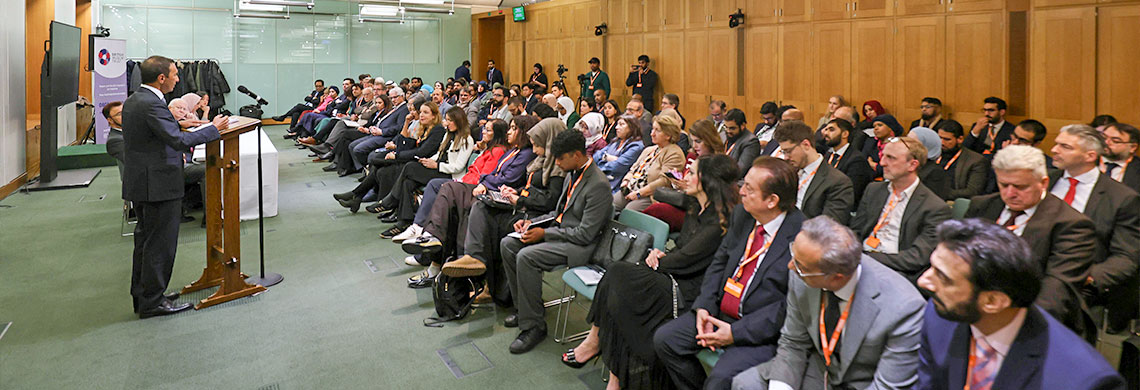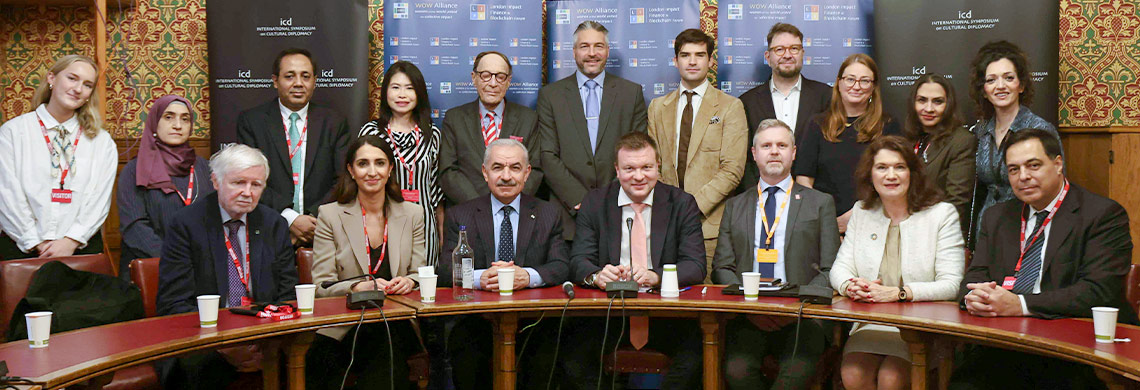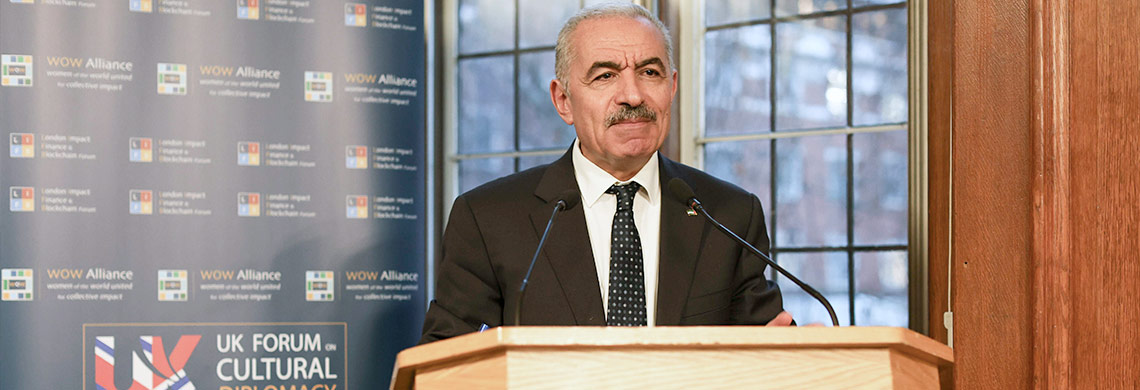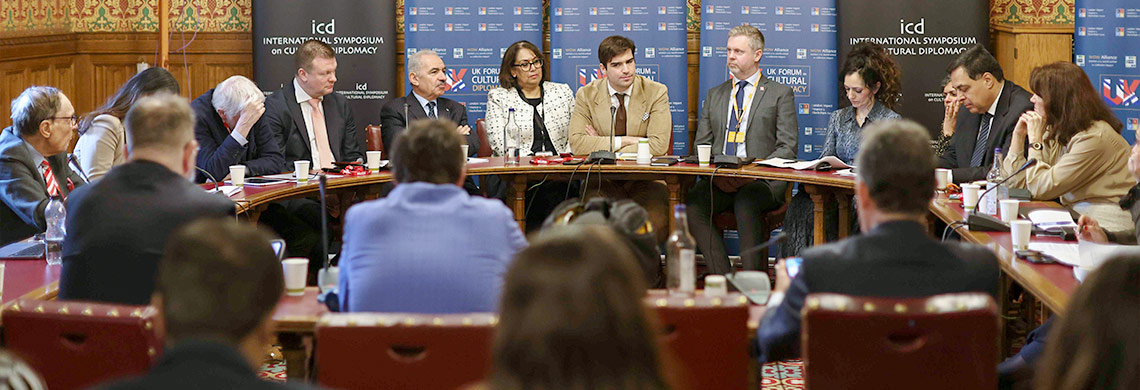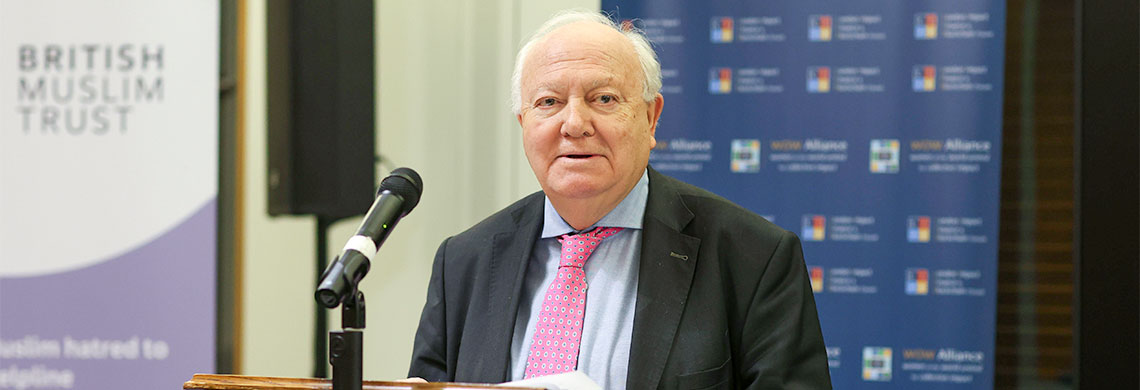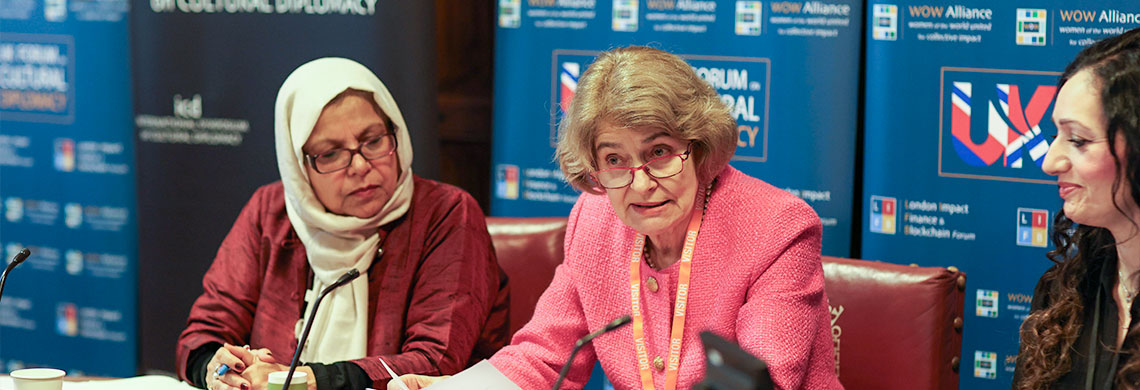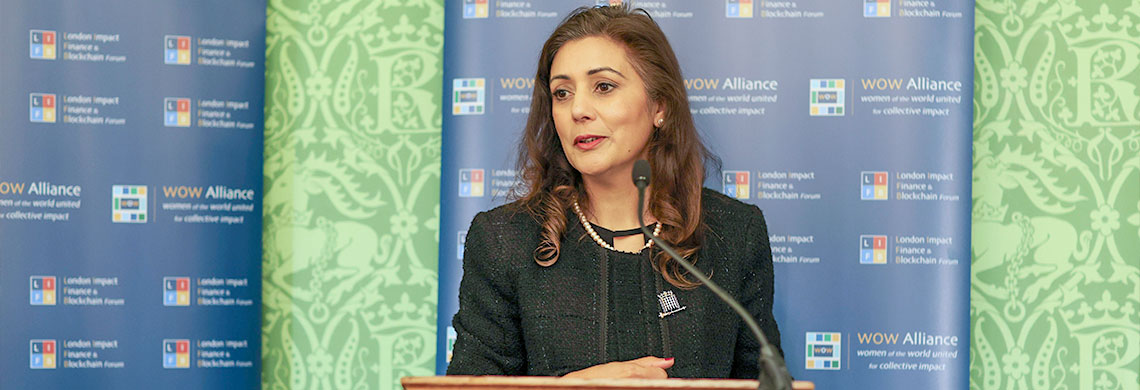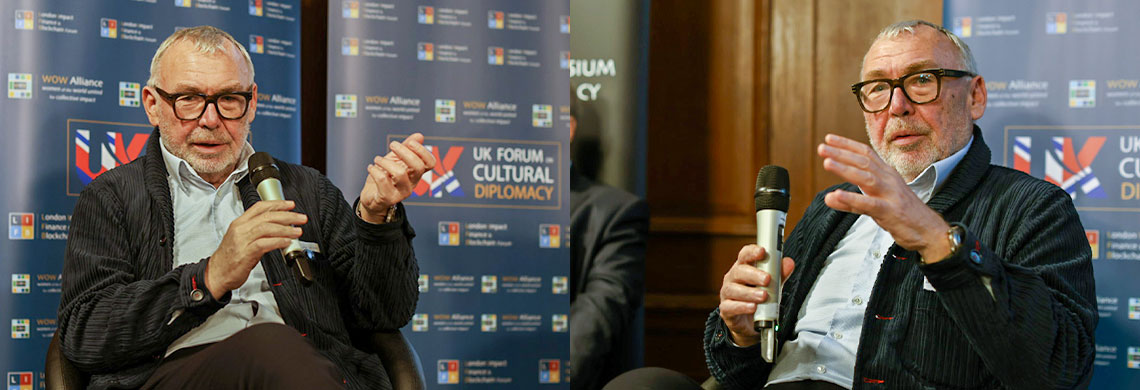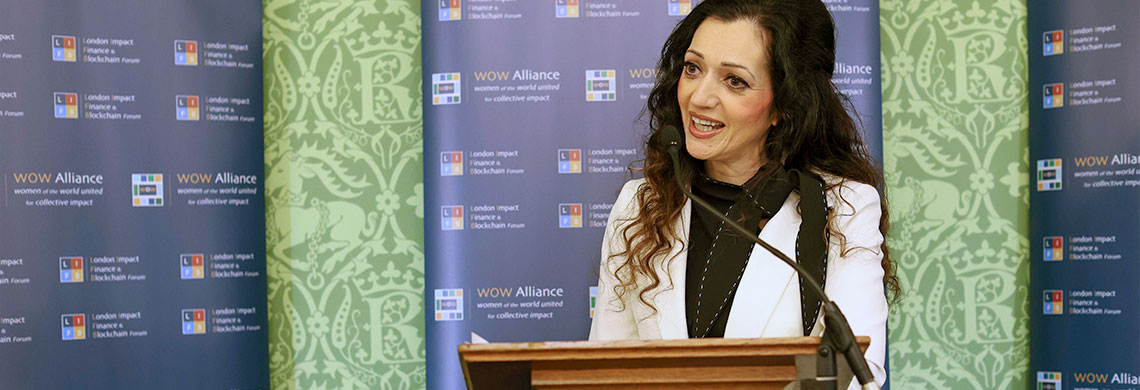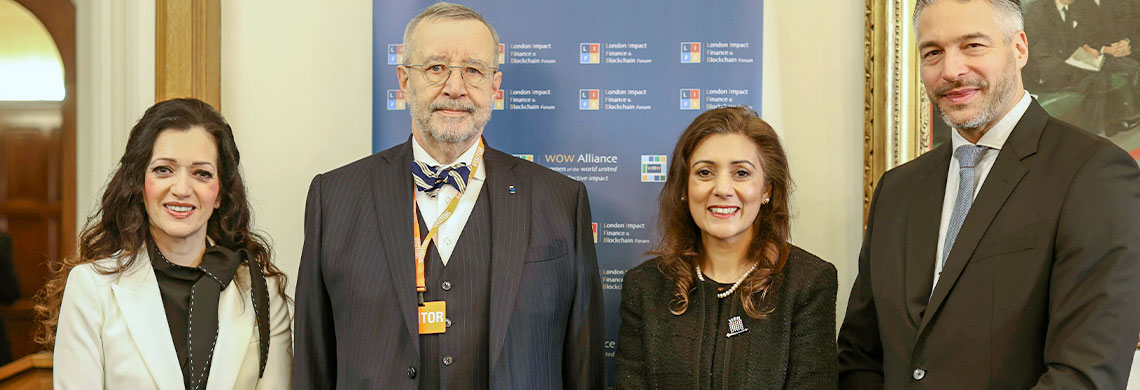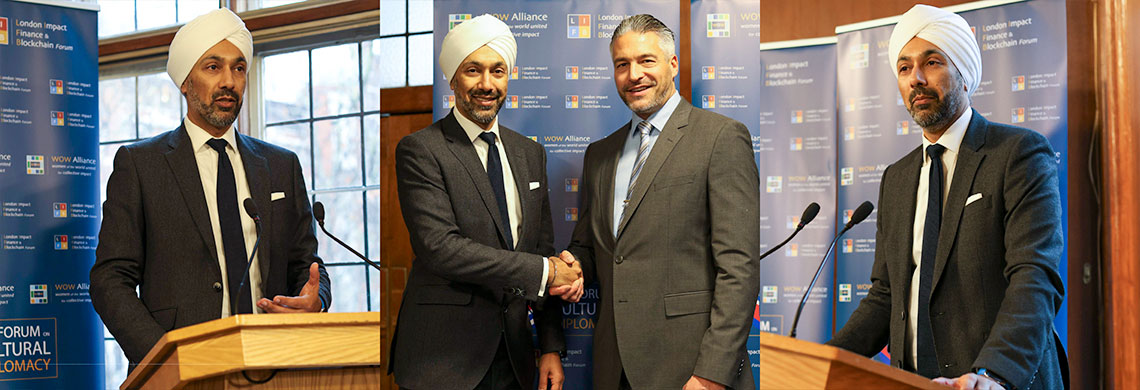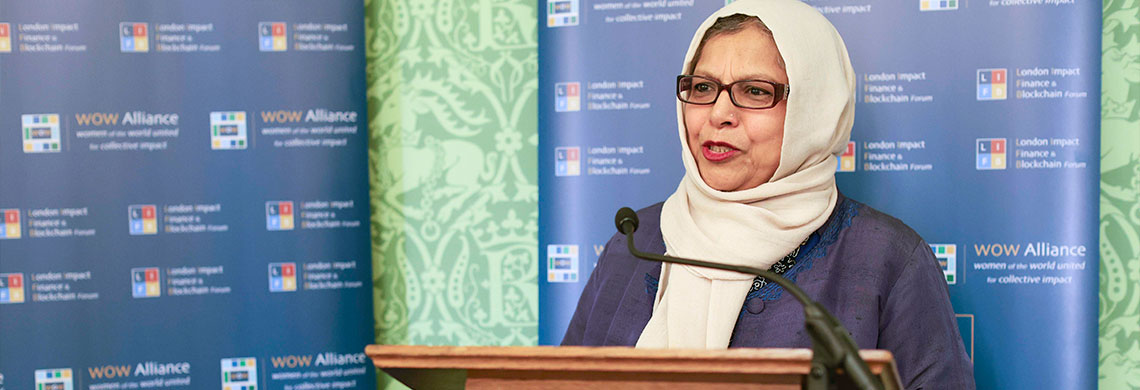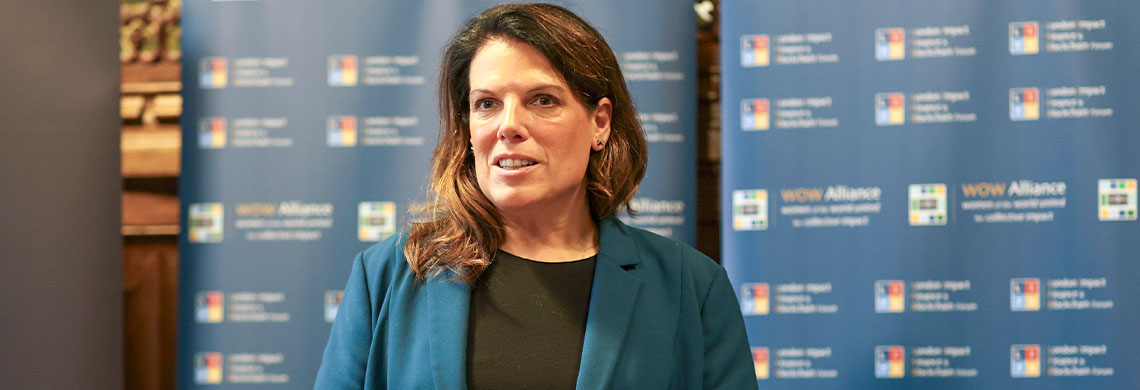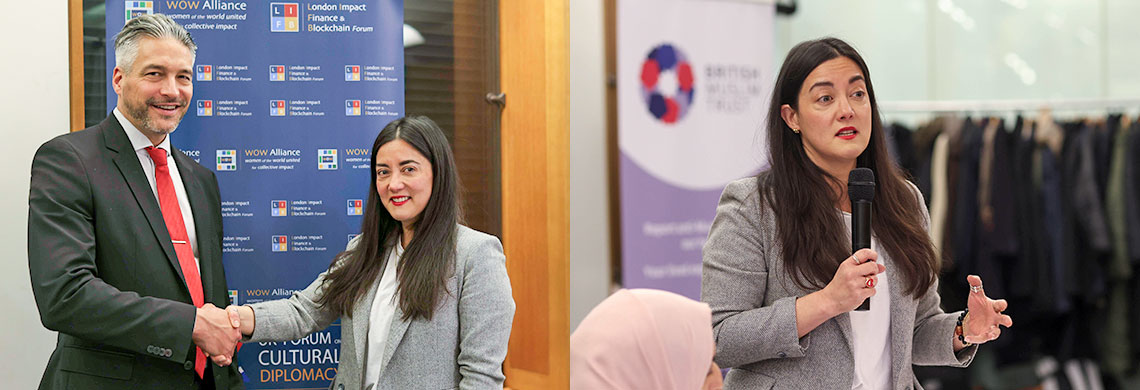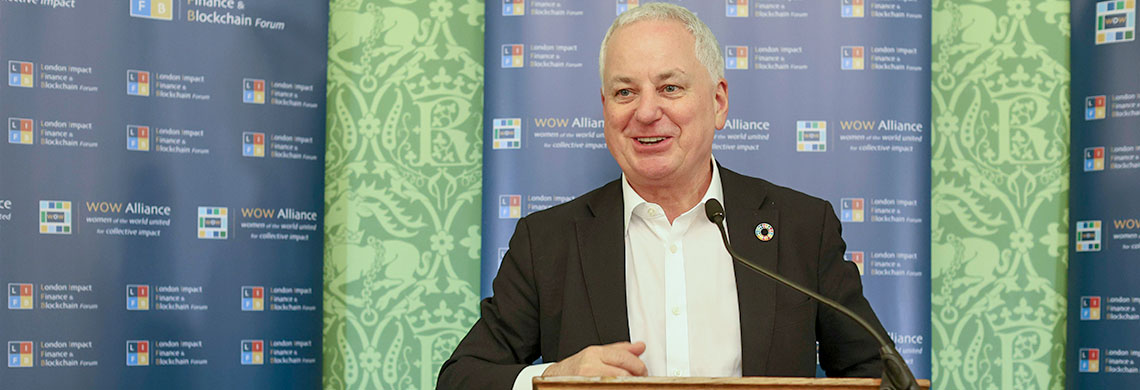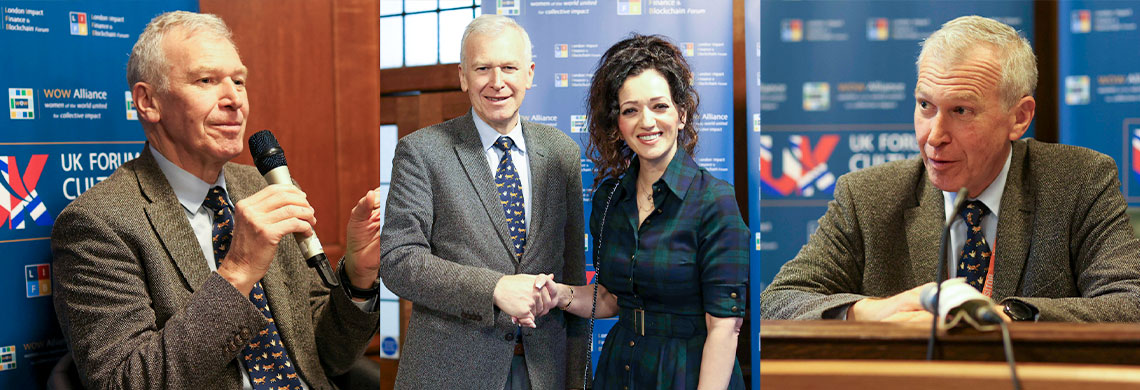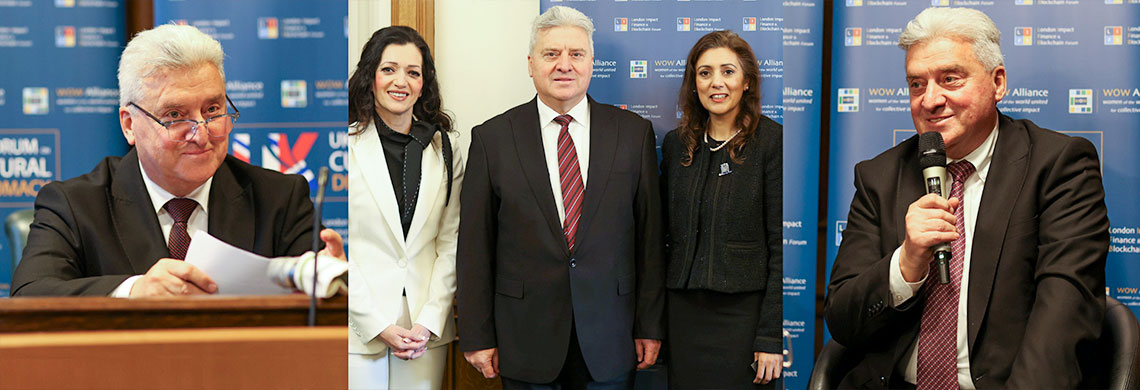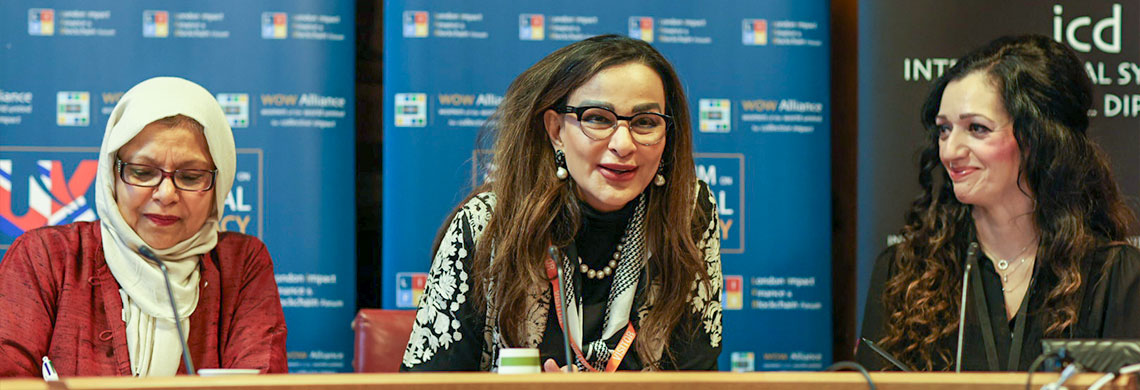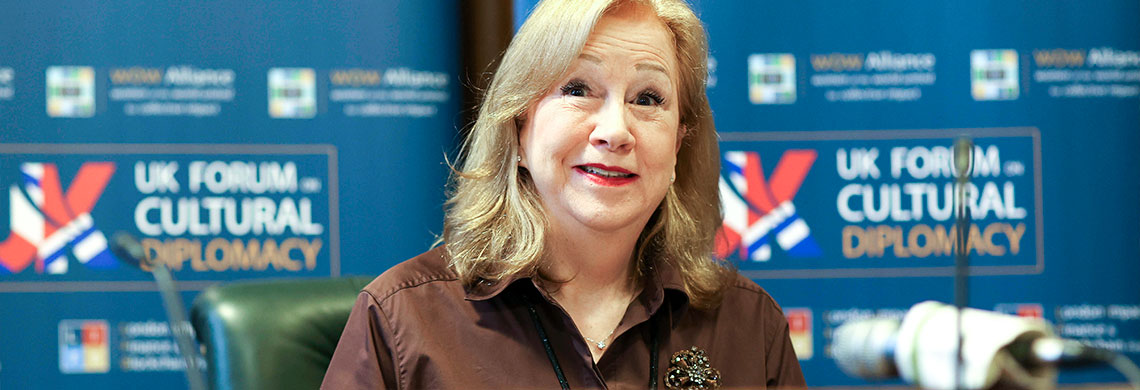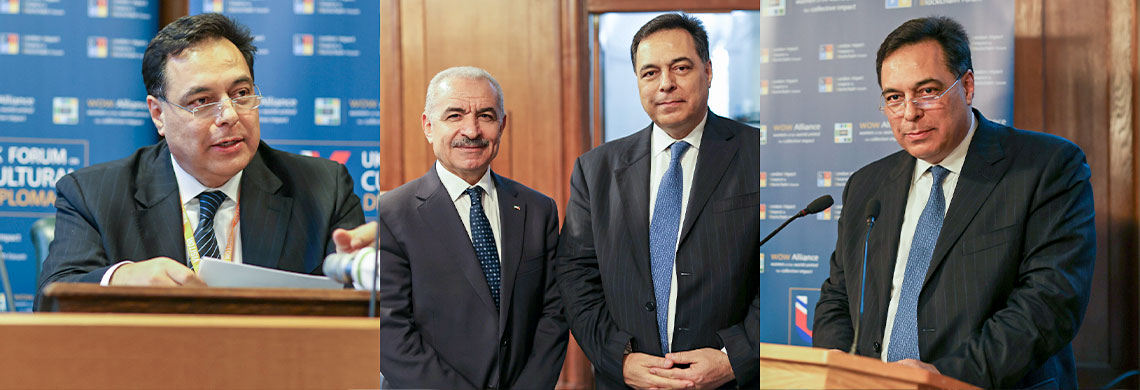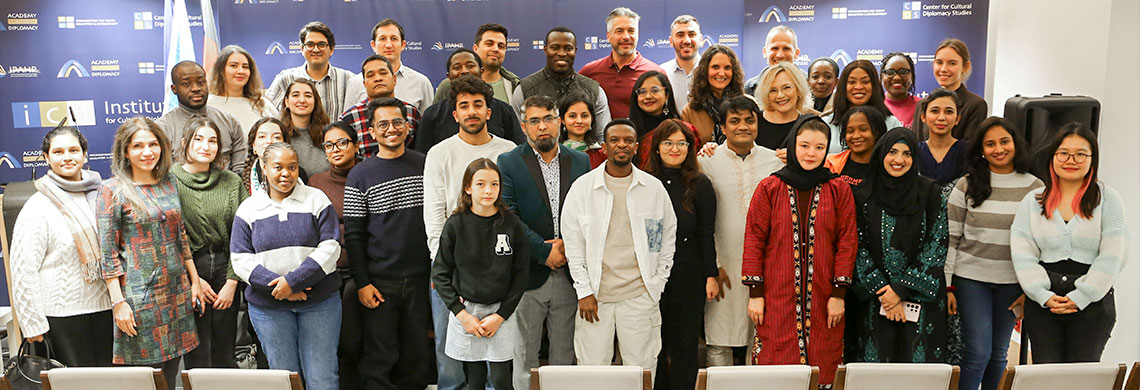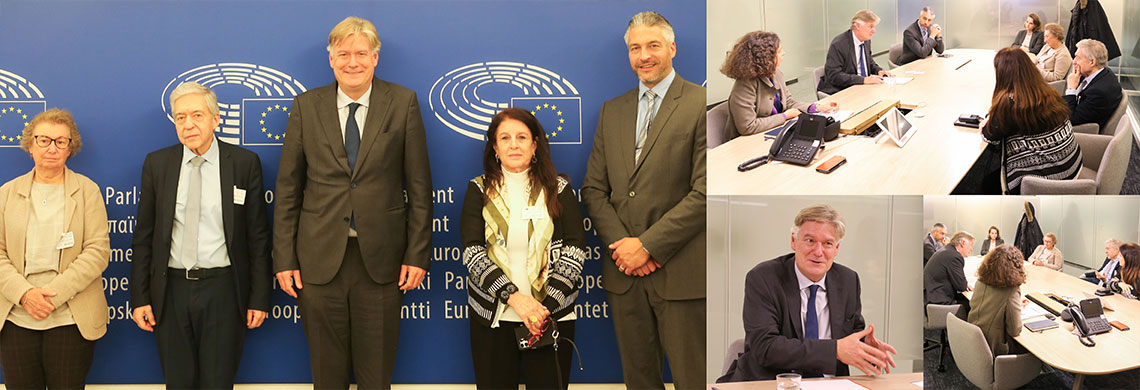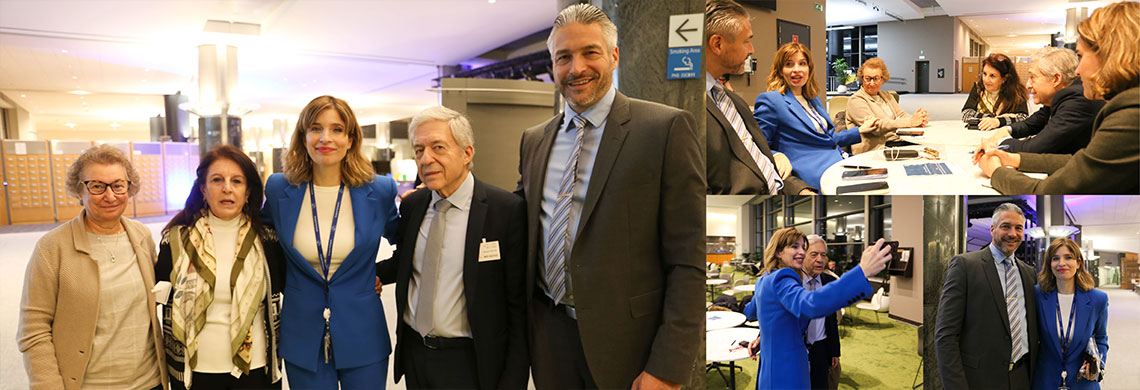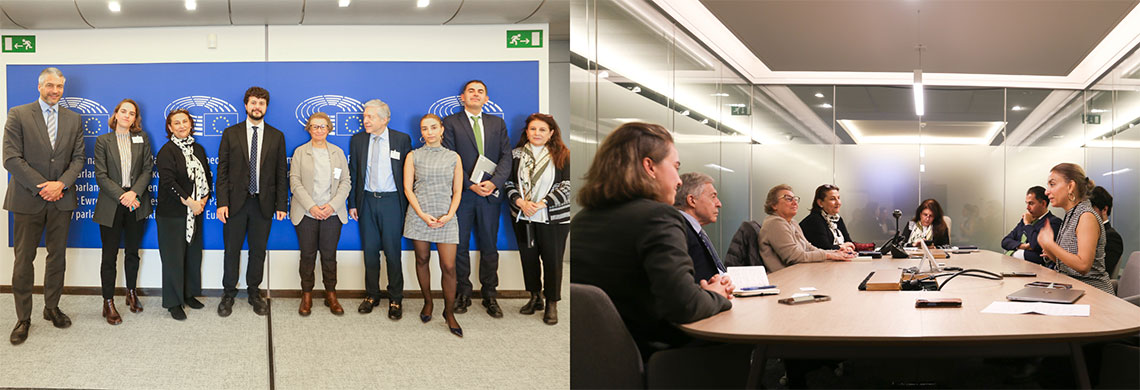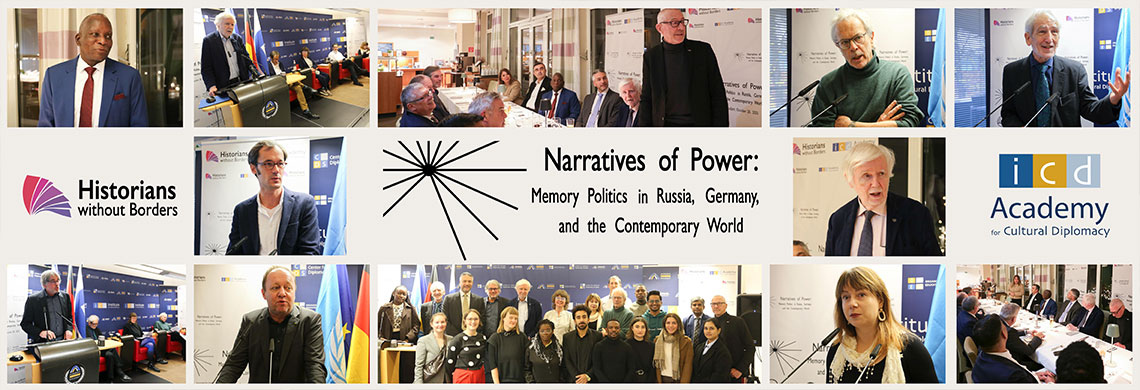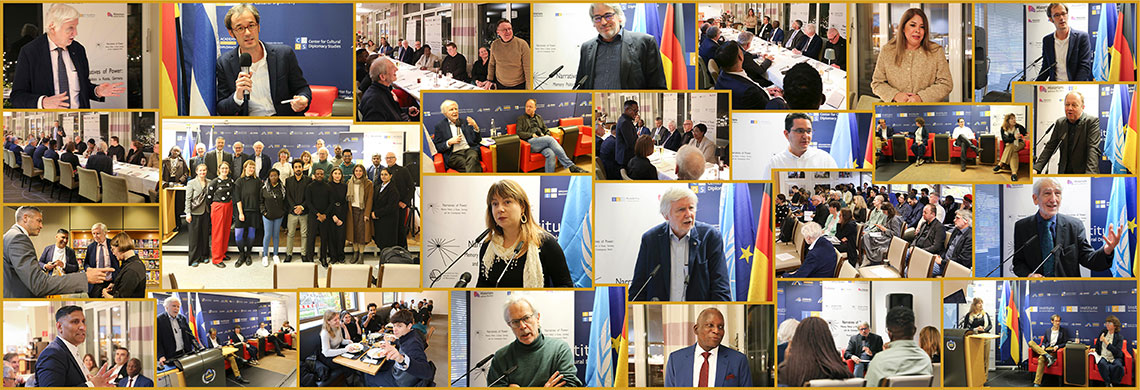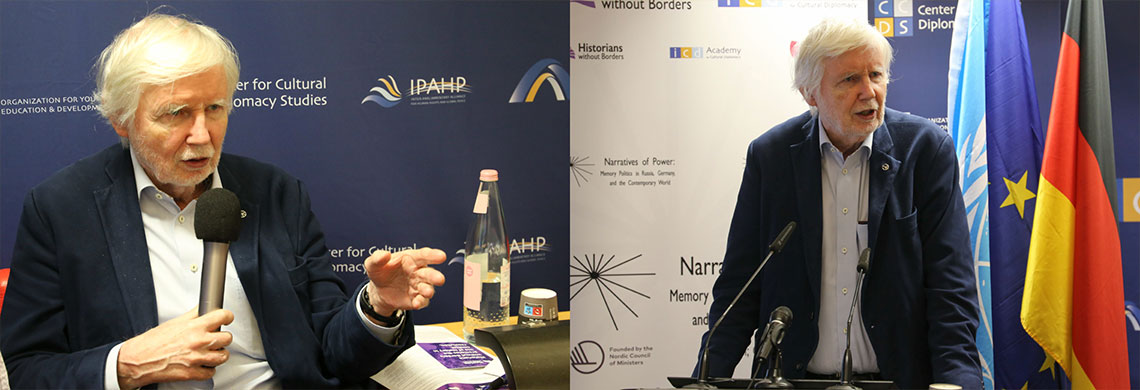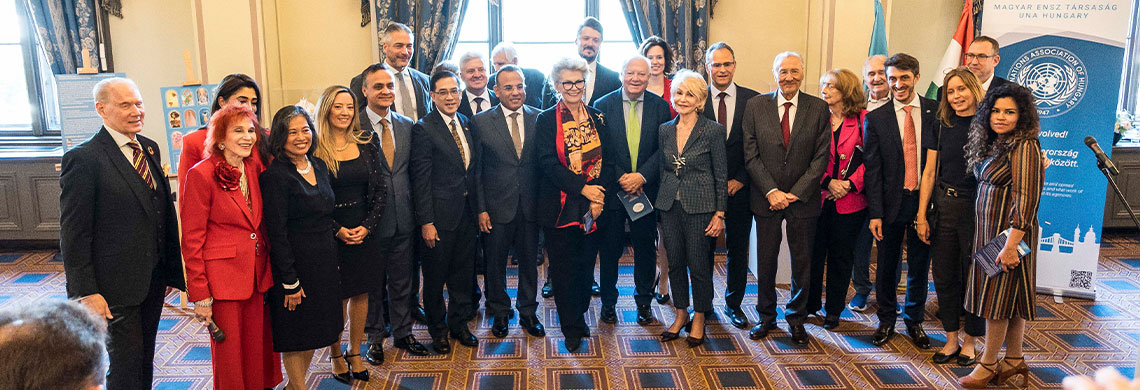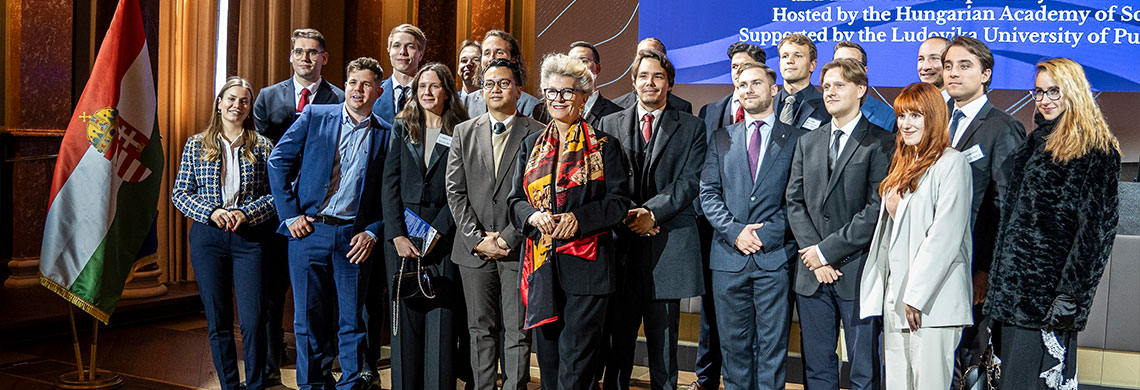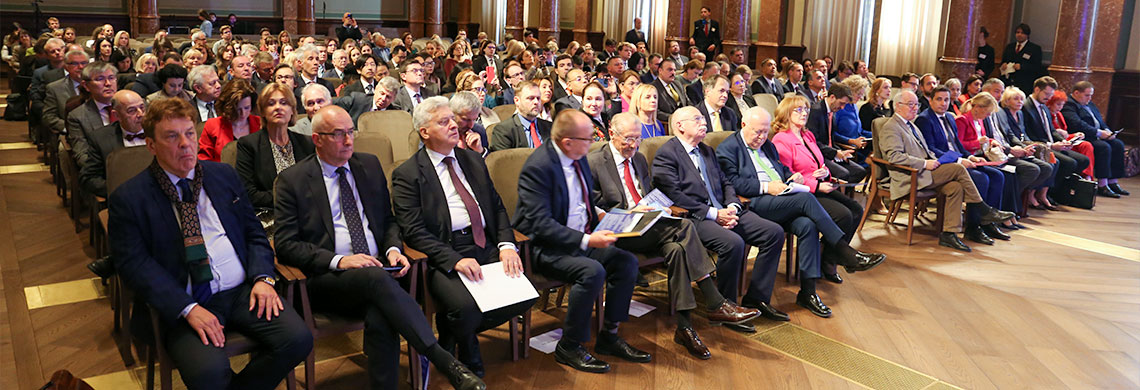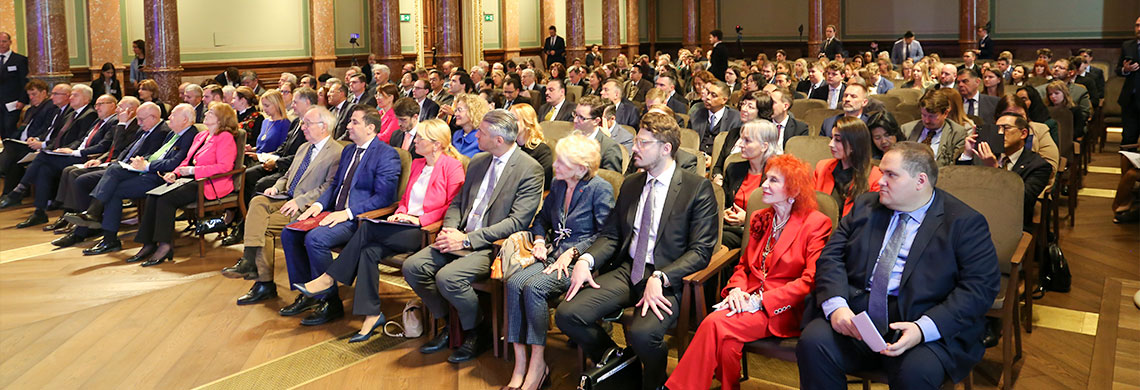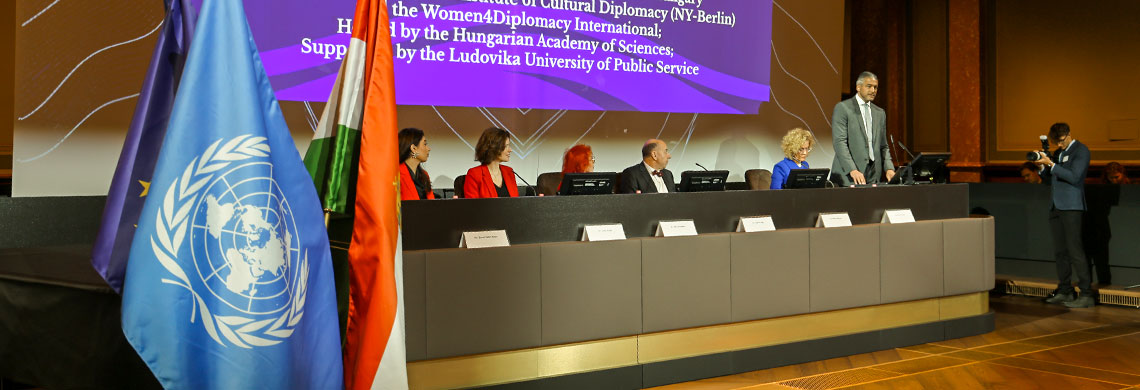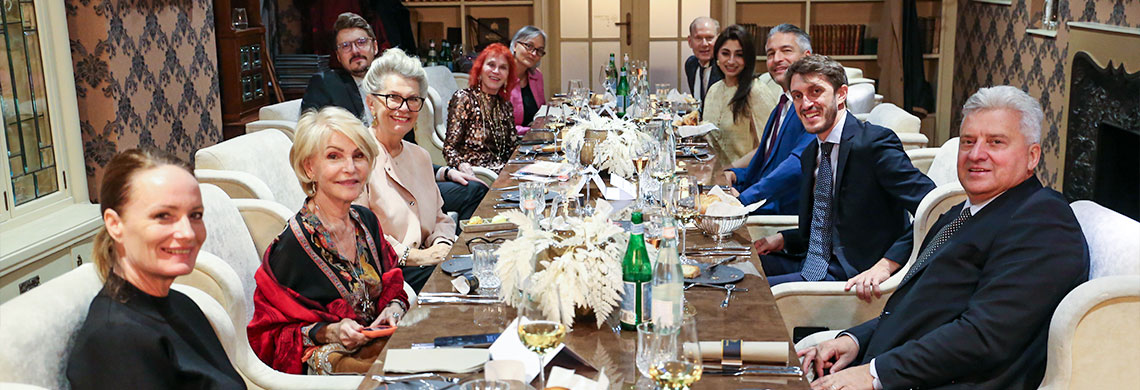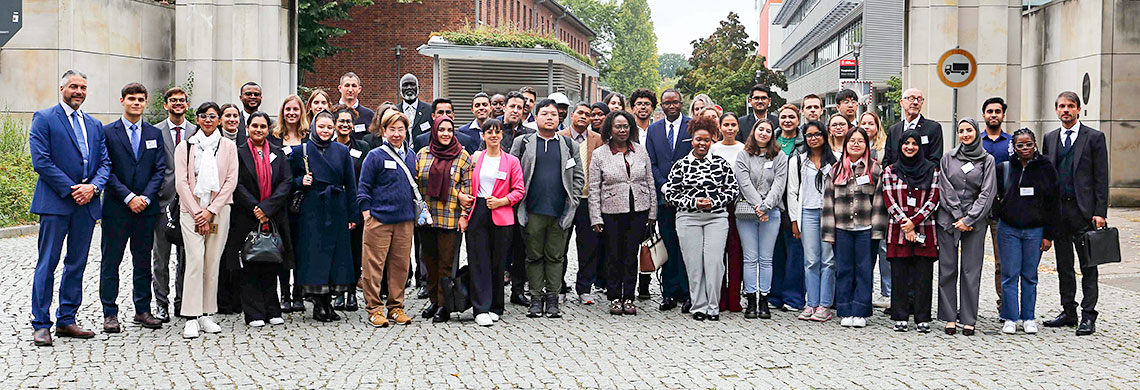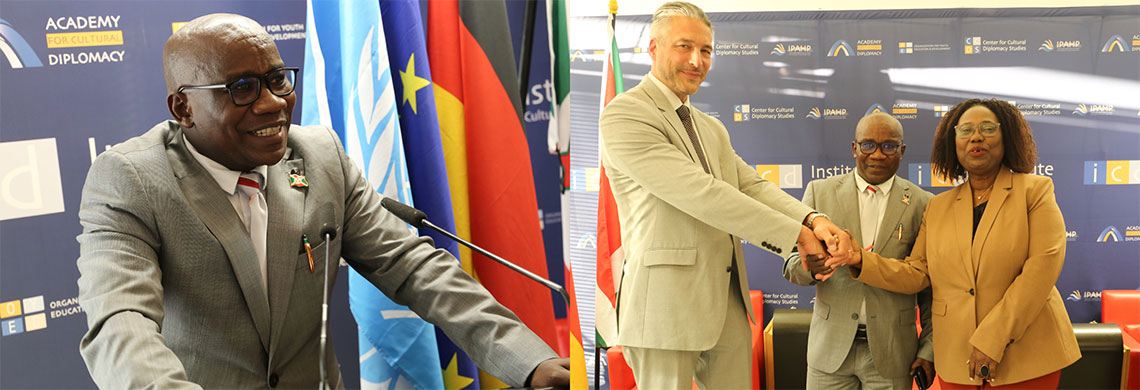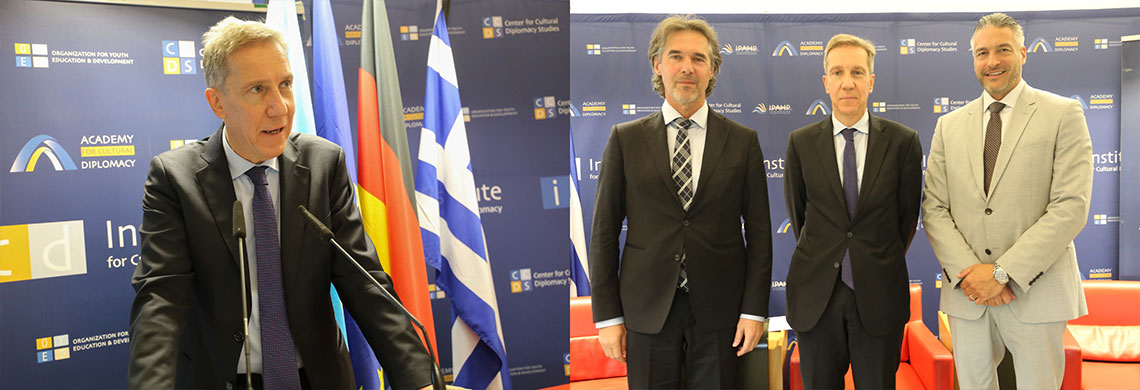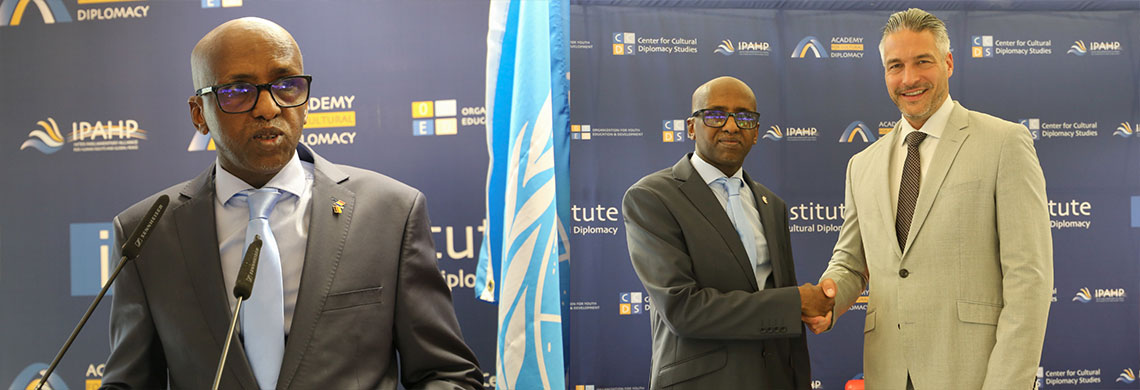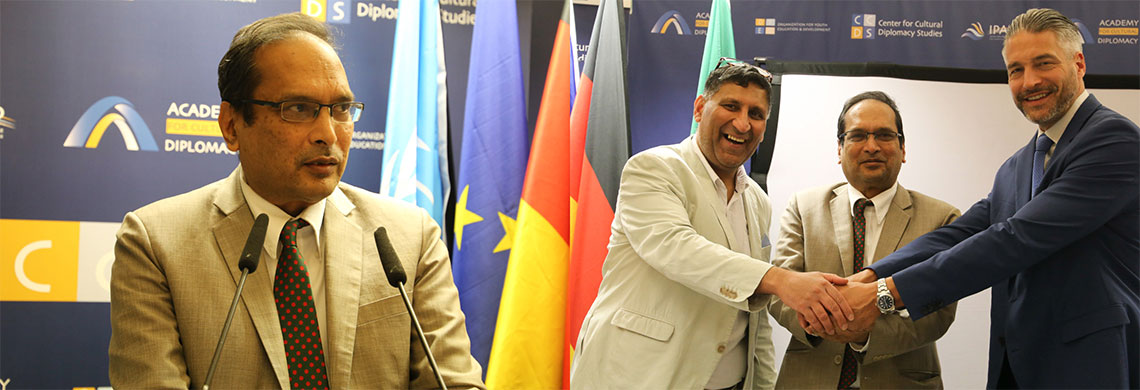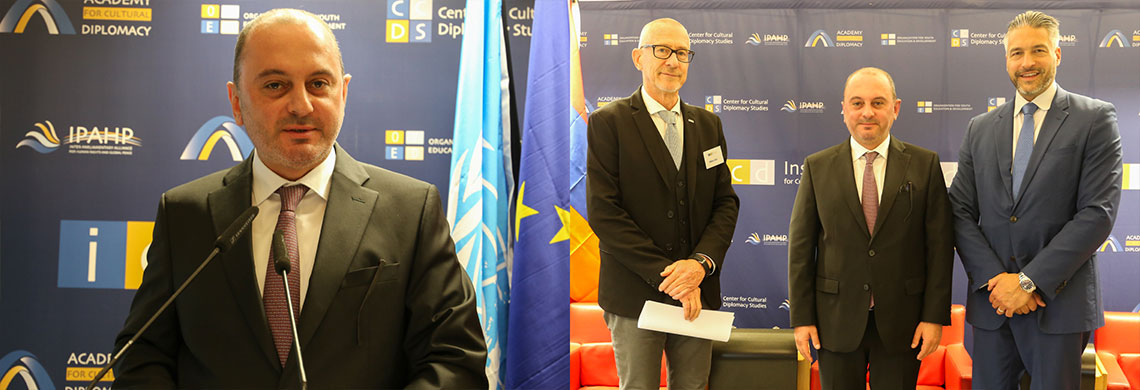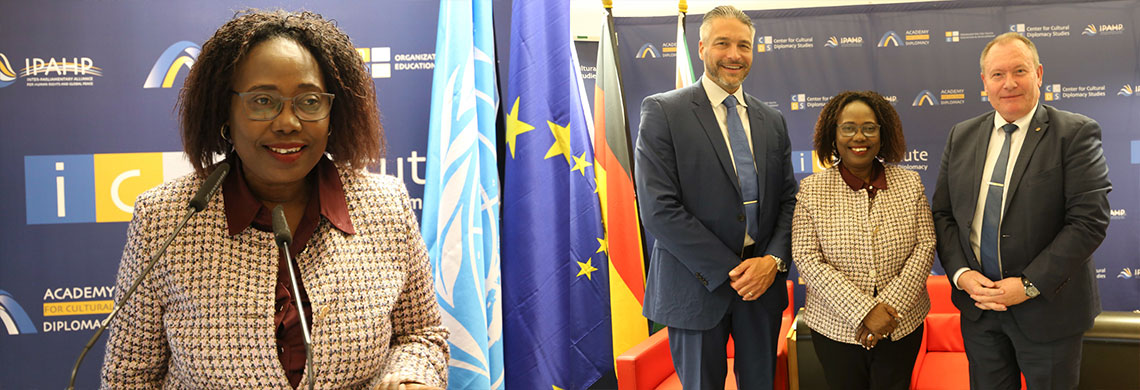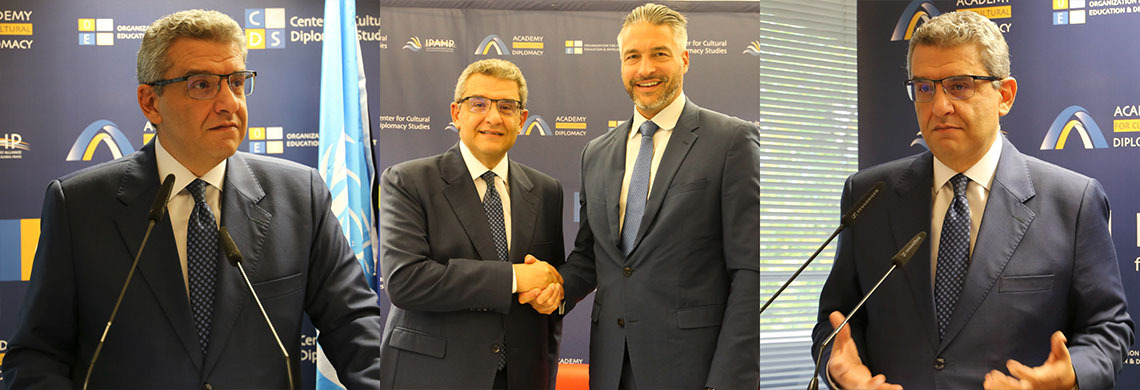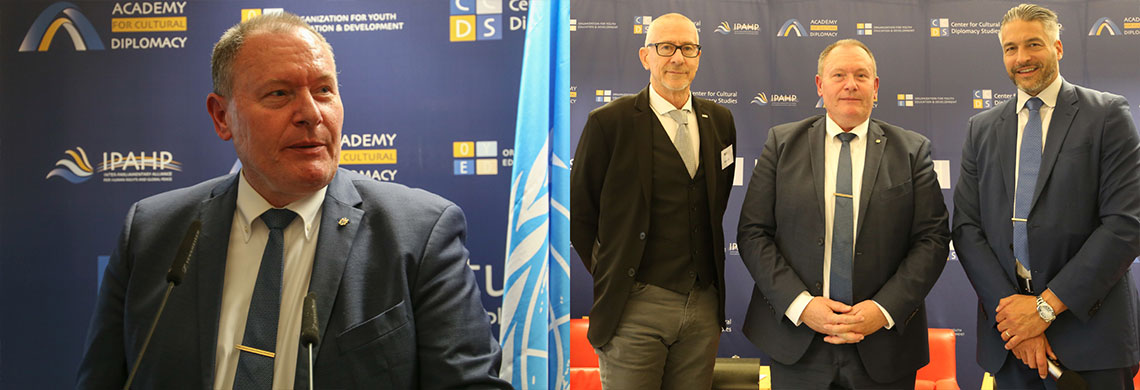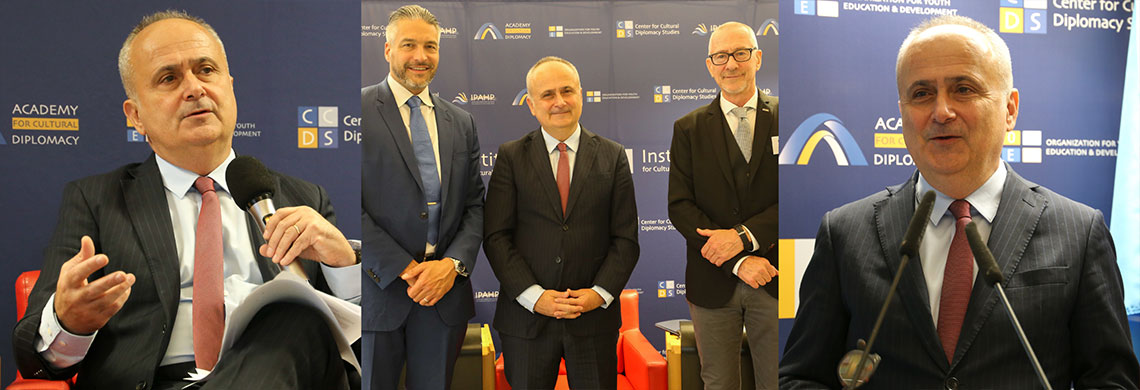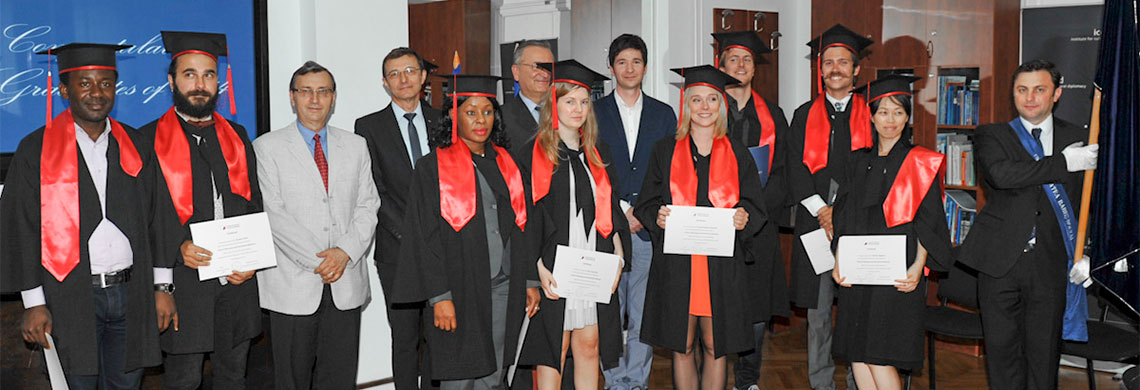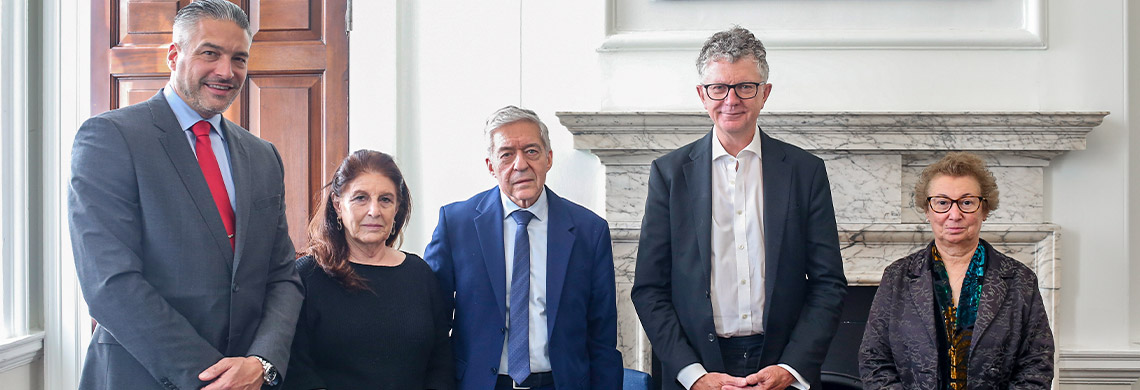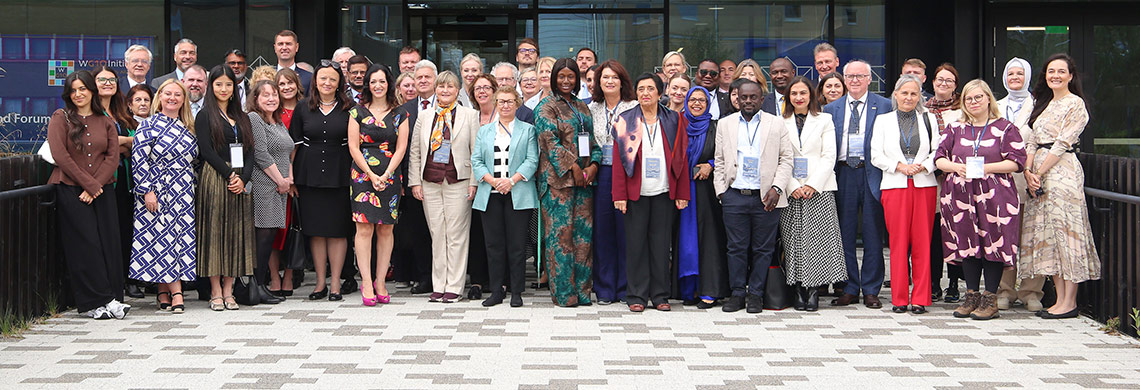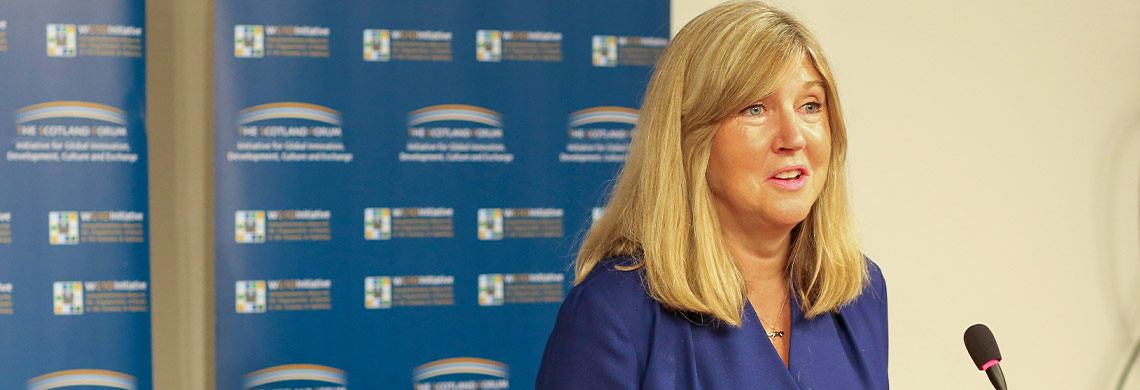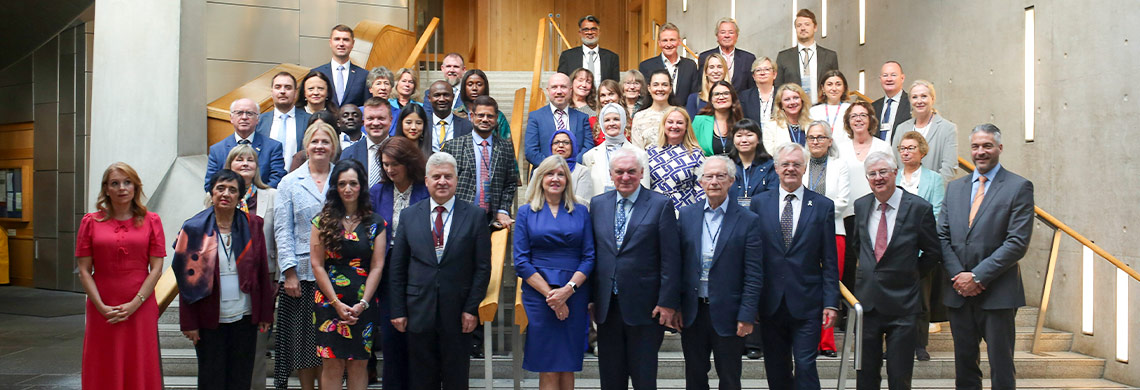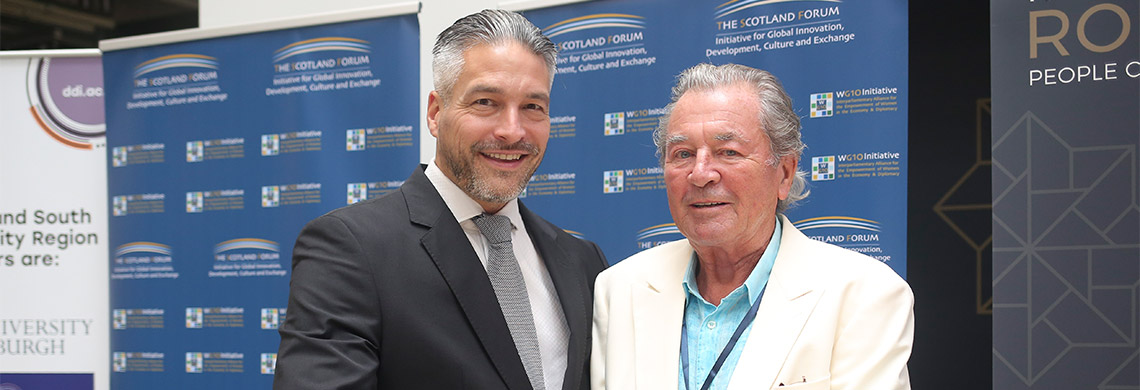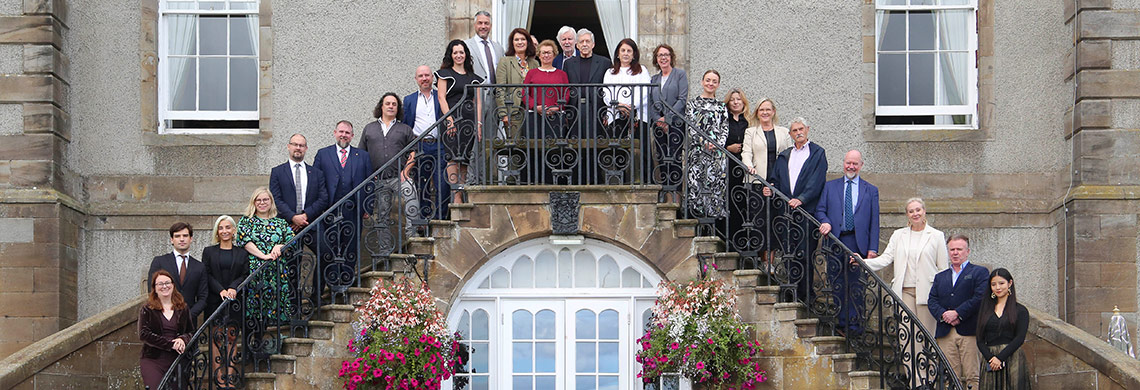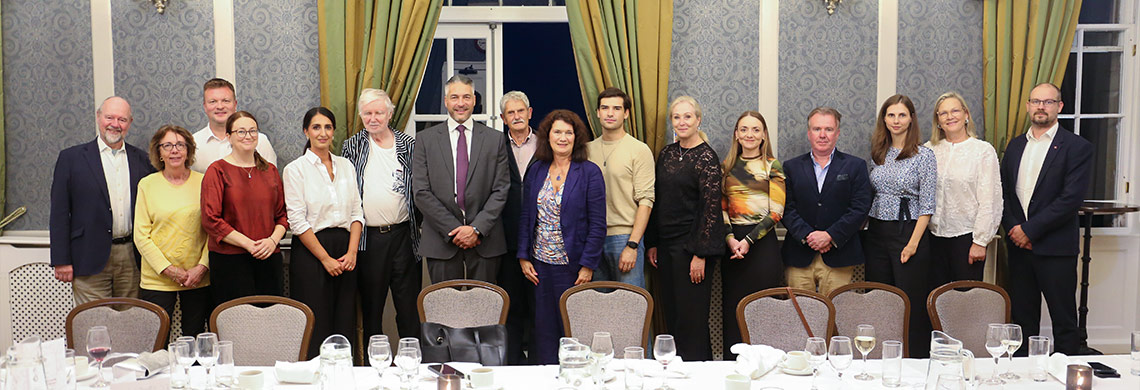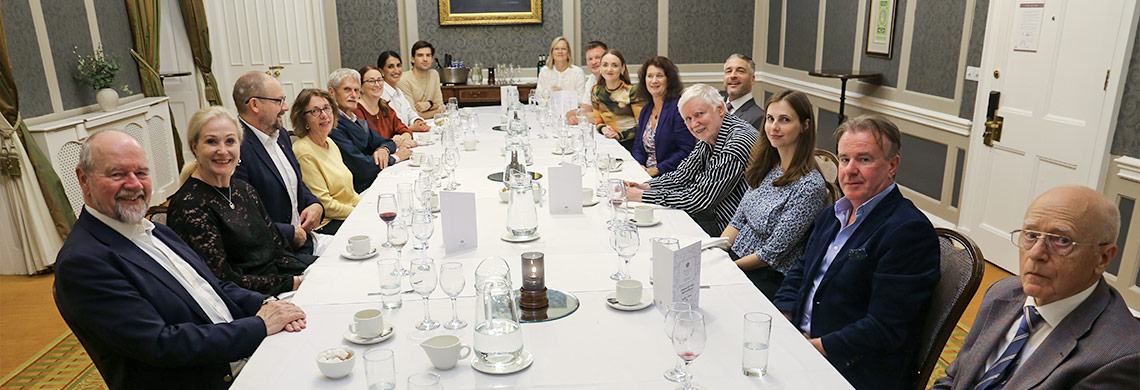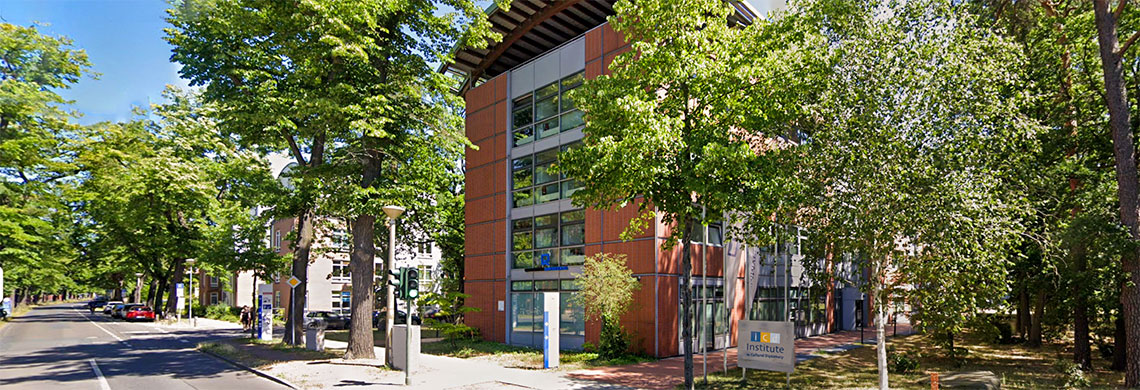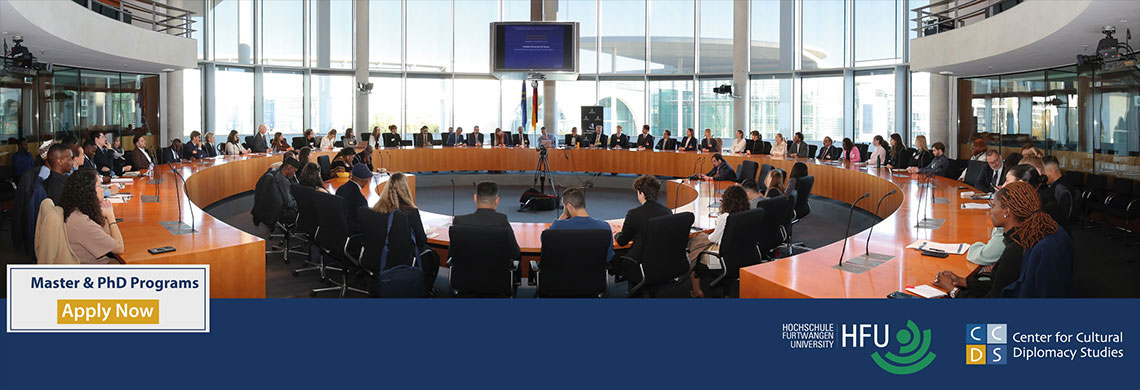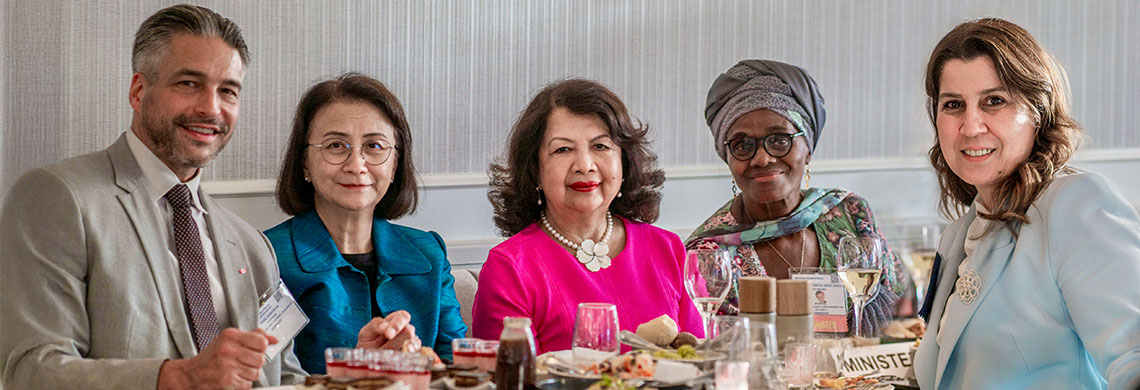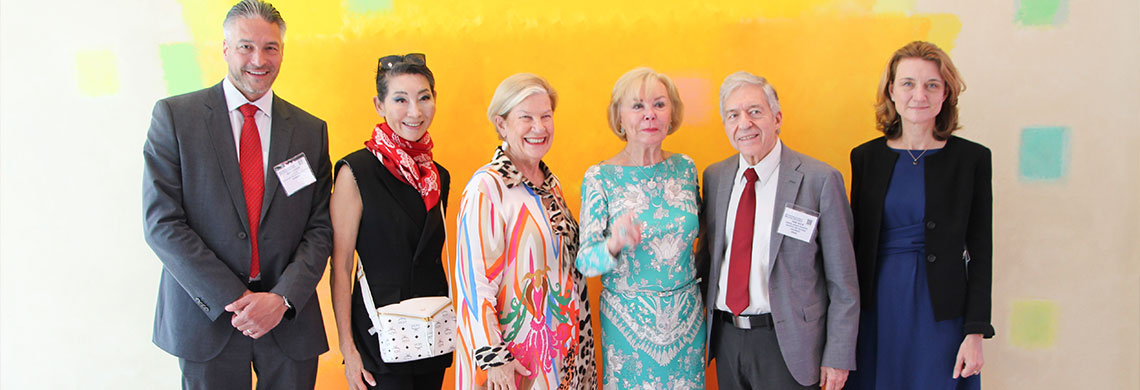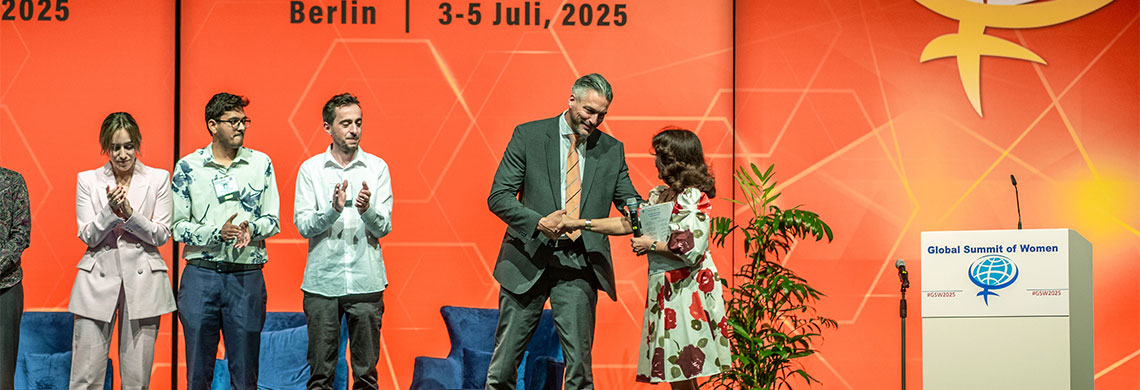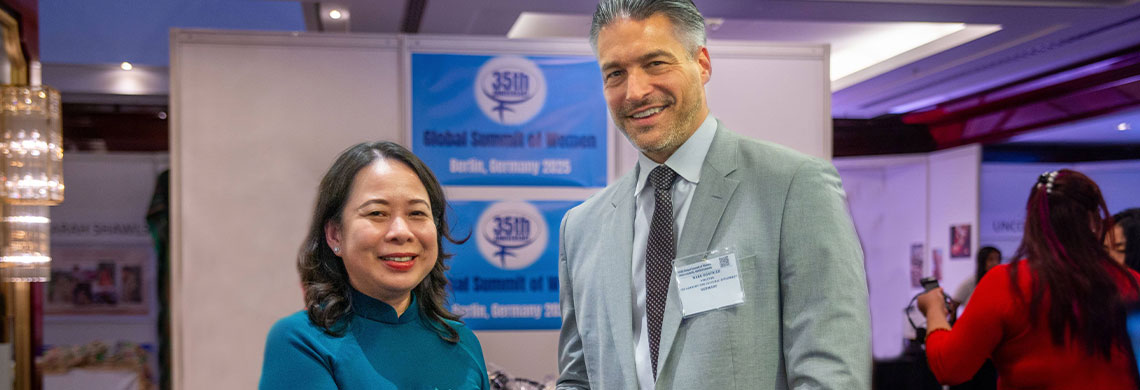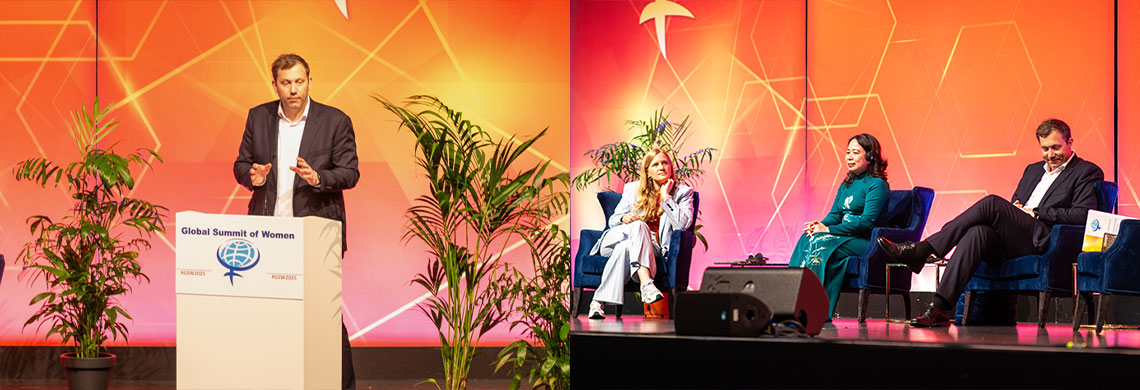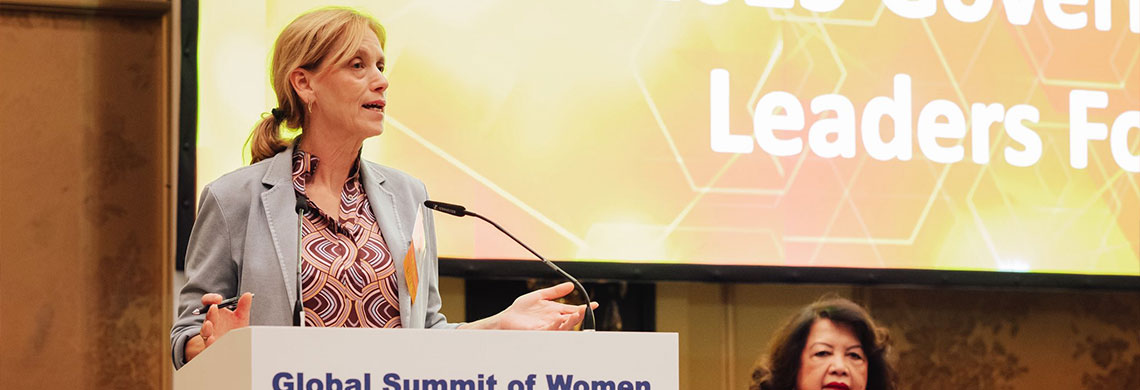Radmila Šekerinska
Member of the Parliament; Former Prime Minister of the Former Yugoslav Republic of Macedonia

Biography
Radmila Šekerinska was born in June 1972 in Skopje, former Yugoslavia, today, the capital of the Republic of Macedonia. She attended the University of Skopje, where she graduated from the Faculty of Electrical Engineering with a degree in power engineering. She also holds a Masters Degree from the Fletcher School of Law and Diplomacy, Tufts University which she attained in 2007.Following her graduation from the University of Skopje in 1996 she became public relations assistant in the Open Society Institute Macedonia. In the same year she was elected as a member of Skopje City Council, where she stayed for two years. From 1997 to 2002 Radmila Šekerinska worked as an assistant at the University of Skopje, in the Faculty of Electrical Engineering. In 1998 Šekerinska was elected to the Macedonian parliament for the first time. She was elected for a deputy coordinator of the parliamentary group of the Social-Democratic Union of Macedonia (SDUM) and was a member of several parliamentary committees.
In 2002 she was re-elected as a member of the Macedonian Parliament and was immediately given the post of deputy Prime Minister by then Prime Minister Branko Crvenkovski. Šekerinska as deputy Premier was put in charge of facilitating Macedonia integration into the European Union. She briefly served as Prime Minister whilst Branko Crvenkovski resigned to focus on his Presidential campaign. During the election campaign she was appointed as spokeswomen for his successful bid for President in 2004. She reverted back to the position of Deputy Prime Minister, under Crvenkovski's successor Hari Kostov.
During her time as Deputy Prime Minister she worked hard to ensure Macedonia remained a united state and was not torn apart by ethnic conflict. She played a leading role in negotiating the Ohrid agreement in 2001 with armed ethnic Albanians in Macedonia. She helped bring hostilities to an end and negotiated an agreement giving ethnic Albanians increased rights in Macedonia. She was also put in charge of Macedonia's integration into the European Union. Her leadership in this regard was relatively successful and Macedonia received candidate status on the 17th December 2005.
In 2006 she was elected by the SDUM to become the party leader. She became the first women to be a leader of the opposition or any major political party in Macedonia. Following a poor electoral performance for SDUM in 2008 Radmila Šekerinska resigned from her post as leader of the party.
Šekerinska is also the author of a number of important academic and scientific works. She has also been awarded the "Global Leaders of Tomorrow" prize, given out by the World Economic Forum.
"Global Leadership in a World Without Walls: The Challenges Ahead"
A panel discussion with Mr. Moore, Mr. Palacio, Mr. Janša, Mr. Constantinescu, Ms Sekerinska, Mr. McConnellA World Without Walls
An International Congress on "Soft Power", Cultural Diplomacy and Interdependence
(Berlin; November 6th - 9th, 2009)

